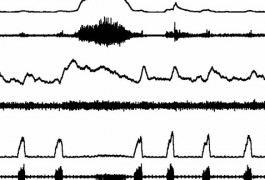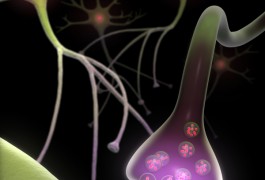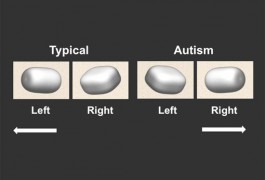The full spectrum
Scientists have debated the relationship between autism and schizophrenia for decades. A review published last month suggests they are two sides of the same neurobiological coin.

Scientists have debated the relationship between autism and schizophrenia for decades. A review published last month suggests they are two sides of the same neurobiological coin.

Two independent groups have created mice that have deletions or duplications in a large section of chromosome 16. Each team has produced an animal with a different set of features, some of which — such as large head size and repetitive behaviors — are reminiscent of people with autism.

Individuals with a deletion in the 16p11.2 chromosomal region — which has been linked to autism in several studies — show features of autism spectrum disorders including language delay, according to a study published in October.

Positive reinforcement can help children with autism break out of repetitive patterns of play. Results from a study broadly suggest that behavioral intervention can improve creativity in these children.

A controversial new approach that quiets the activity of certain neurons in the brain alleviates breathing difficulties in a mouse model of Rett syndrome, according to a study published 4 October in the Proceedings of the National Academy of Sciences.

A new Swedish study finds that the number of children with autism in Somali communities is on the rise, but it’s not clear whether the cause is biological or social.

Treating adult mice with lithium restores the ability of neurons in fragile X mice to fine-tune their signaling, according to a study published online in November in Brain Research.

Changes in the bodies of neurons may account for communication deficits in the brains of people with autism, according to a study published 3 November in The Journal of Neuroscience.

An analysis of brain scans correctly distinguishes between people with autism and controls more than 90 percent of the time, according to a study published today in Autism Research.

The National Database for Autism Research (NDAR), created by the National Institutes of Health to ease data sharing among autism researchers, has released the first batch of data on more than 10,000 participants enrolled in federally funded autism research studies.